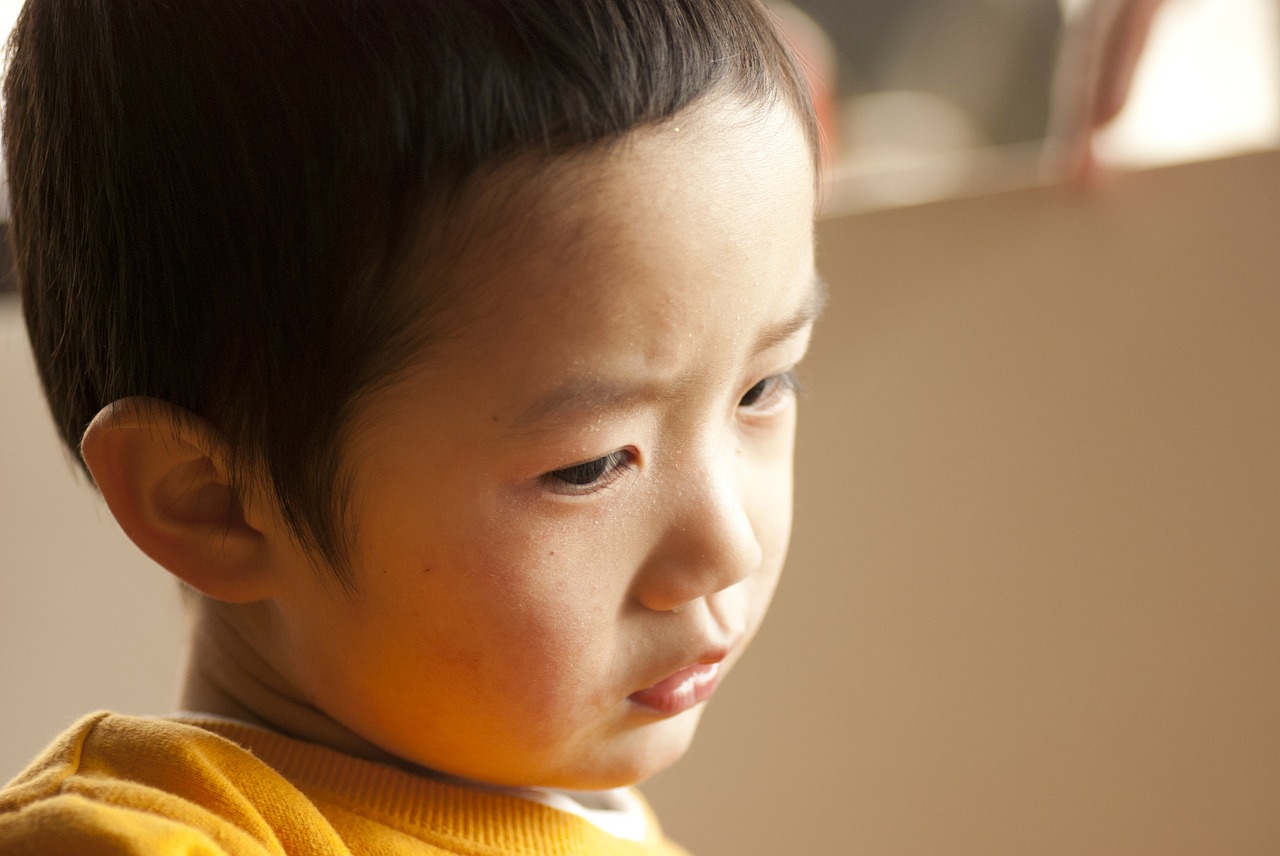
Researchers have been studying parenting styles since the early 20th century. The way in which parents raise and socialize their children has an effect on many facets of the child’s emotional development and will influence them for the rest of their life. One such aspect is aggressive behavioral tendencies.
Supportive parenting has been linked to reduced aggression, while negative parenting can increase aggression. According to attachment theory, healthy parental care promotes a child’s normal development, while authoritarian parenting styles are correlated with insecure development.
Although the effects of parenting on aggression are significant throughout the world, studies suggest that aggression is less prevalent in collectivistic countries such as China, where group interests are favored over the individual. In fact, one Chinese meta-study found that the effects of parenting on aggression depend on a variety of factors, including socioeconomic factors, age, and cultural influences.
As the authors point out, the strength of the link between parenting and aggression tends to vary within the country’s economic regions. It is strongest for families in Eastern China -the wealthiest part of the country-, weaker in Central China, and weakest in Western China. Parents with more resources, such as those in Eastern China, tend to use those resources to magnify their impact on their children’s development. This can be beneficial, but it can also aggravate harmful tendencies.
This is consistent with the fact that the impact of parental influence will be lessened if the child has siblings, as resources will be shared amongst all children. However, as regional economies grow, parents rely less on their children to support them and thus have less children. This makes children from richer families in Eastern China more likely to suffer from the impact of parenting.
The presence of siblings also enables children to socialize outside of the parental system, reducing the parent’s influence. The presence of peers has a similar effect on the child’s development, as the child’s attention and emotional solace is focused outside of the family, and this is correlated with age. Nonetheless, the researchers point out that the cumulative effects of parenting on aggression are intensified with time, as older children have spent more time with their parents.
Hence even though parents influence wanes over time, older children tend to show the effects of accumulated exposure to parental tendencies. Older children also have more freedom to act more aggressively. Gender also plays a role; girls tend to be socialized to be less aggressive than boys and culture is more accepting of rebellious personalities in males than in females.
Overall, the study corroborates the effects of parenting on aggression, while focusing on the effects of the child’s growth environment. The extent of this influence will depend on the presence of siblings and peers, age, and socioeconomic and cultural factors such as gender, parents’ resources, and geographic region.









